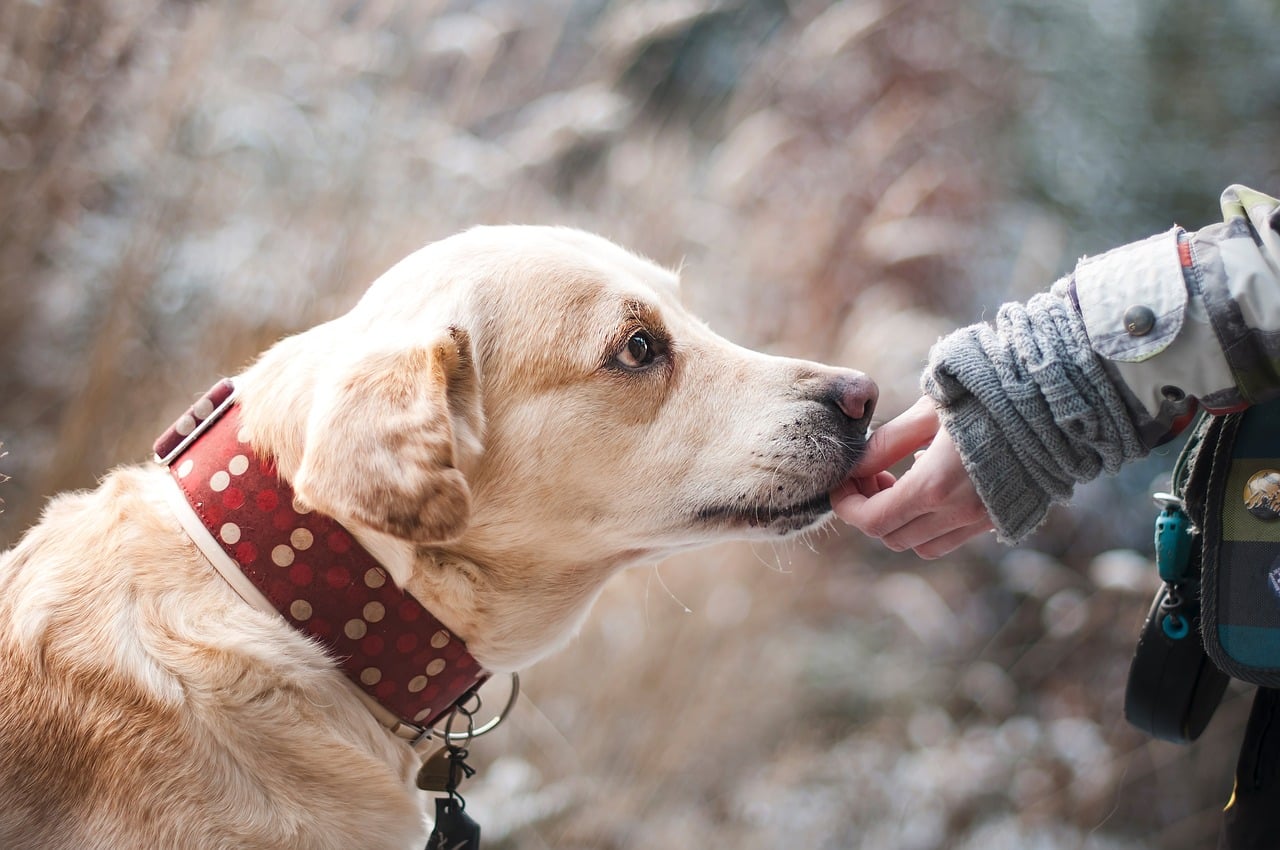There are cat people, and dog people. However, it’s no secret that we seem much more drawn toward dogs, and they love us, respect us, make us laugh and stay loyal to us until the end of their lives. But, what if owning a dog was written in our genetic make-up? A new study sheds light on why we’re drawn to these loyal animals so much.
A group of Swedish and British scientists analyzed the heritability of dog ownership based on 35,035 twin pairs from the Swedish Twin Registry. According to the new study, our genetic make-up explains whether we will own a dog or not.
Dogs are considered the first domesticated animal for humans, with the relationship between dogs and humans going strong for at least 15,000 years. That said, dogs are more than welcome members of our families, and have even found to have health benefits to their owners. The results were published in the journal Scientific Reports.
“We were surprised to see that a person’s genetic make-up appears to be a significant influence in whether they own a dog. As such, these findings have major implications in several different fields related to understanding dog-human interaction throughout history and in modern times,” Tove Fall, lead author of the study, and professor in Molecular Epidemiology at the Department of Medical Sciences and the Science for Life Laboratory, Uppsala University said in a statement. “Although dogs and other pets are common household members across the globe, little is known how they impact our daily life and health. Perhaps some people have a higher innate propensity to care for a pet than others.”
Twin studies are a good and often used method for determining the influences of environment on our genetics, behavior and biology in general, given that identical twins share their genome, while non-identical twins share about half of the genetic variation. The study reveals that identical twins are more likely to own a dog, than non-identical twins. In conclusion, that means that our genetics really has an influence on whether we own a dog or not.
“These kind of twin studies cannot tell us exactly which genes are involved, but at least demonstrate for the first time that genetics and environment play about equal roles in determining dog ownership. The next obvious step is to try to identify which genetic variants affect this choice and how they relate to personality traits and other factors such as allergy.” Patrik Magnusson, senior author of the study and Associate Professor in Epidemiology at the Department of Medical Epidemiology and Biostatistics at Karolinska Insitutet, Sweden and Head of the Swedish Twin Registry said.





